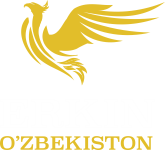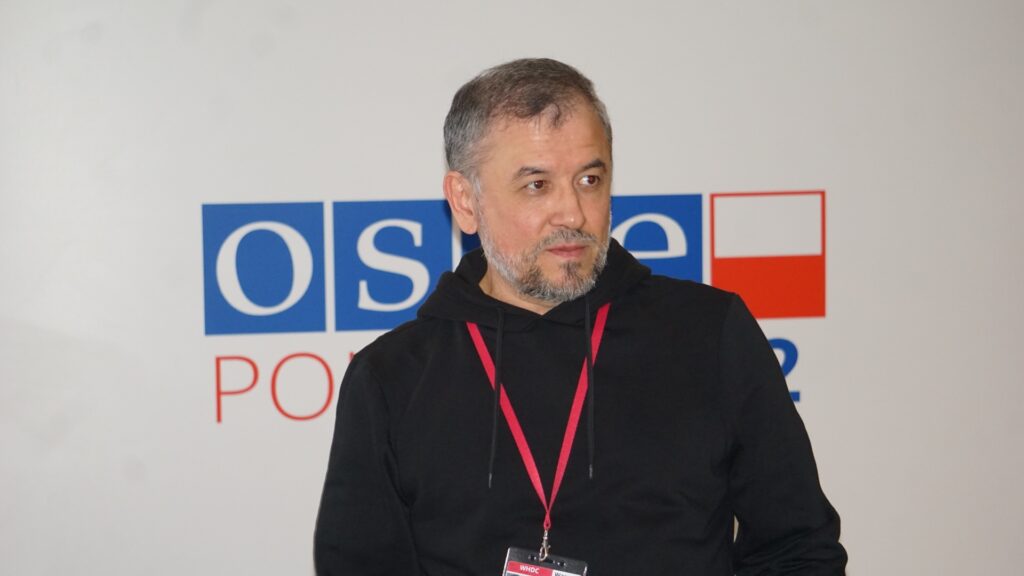
The founder of the political opposition movement “Erkin O’zbekiston” (Free Uzbekistan) is Hasanboy Burhanov, an Uzbek socio-political activist.
Hasanboy Burhanov was born on December 14, 1970, in the Namangan district of Uzbekistan. At the age of nine months, he contracted polio affecting his lower limbs, necessitating the use of assistive devices for mobility.
From 1977 to 1986, he attended a specialized boarding school, No. 100, in Tashkent, Uzbek SSR. From 1986 to 1990, he studied at the Mikhaylovskoye Economic College-Boarding School in the Ryazan region, RSFSR. After completing his studies, he enrolled in the correspondence department of the National Law University (Yaroslav Mudry University) in Kharkov, Ukraine, but did not graduate.
In August 1990, Burhanov began working at the Commercial-Information Center of the State Committee for Supplies of the USSR in Namangan as a marketing engineer. In the spring of 1993, he founded the company “Angel,” which became one of the first suppliers of computer equipment and software in the Ferghana Valley market.
The profits from his trading activities allowed Burhanov to engage in social charity work. The “Angel” company, on a pro bono basis, facilitated the gasification of two settlements in the Namangan district (1994), provided financial assistance to fire victims and people in need in the region (1994–1996), and launched a program for interest-free loans to small and medium-sized businesses in the region (1994–2000).
In January 2006, at the invitation of the Uzbek Society of Disabled People, Burhanov created the subsidiary “Tehnokomtrade.” By implementing innovative work methods into the NGO system, significant financial improvements for the society were achieved in a short time. With the funds from “Tehnokomtrade,” a new car was purchased for the Uzbek Society of Disabled People, education fees for people with disabilities were covered, and material assistance was provided to those in need.
Recognizing Burhanov’s organizational abilities, members of the public organization proposed that he create and lead the capital’s society for the disabled. On January 30, 2007, the Tashkent City Department of Justice registered the “Tashkent City Branch of the Uzbek Society of Disabled People,” with Burhanov appointed as chairman.
By early 2008, he had established structural units of the society for the disabled in seven districts of the capital. Through targeted social assistance and the effective use of sponsor funds, the material and technical base of all seven offices was fully formed (office furniture, office equipment, and components were purchased).
In addition, Burhanov actively conducted informational and educational activities aimed at eliminating stereotypes and discrimination against people with disabilities. These events were attended not only by government representatives but also by international organizations and the diplomatic corps of Tashkent.
On August 28, 2009, under Burhanov’s initiative and direct leadership, the Ministry of Justice of the Republic of Uzbekistan registered the “Public Foundation for the Disabled of Uzbekistan” under number 708
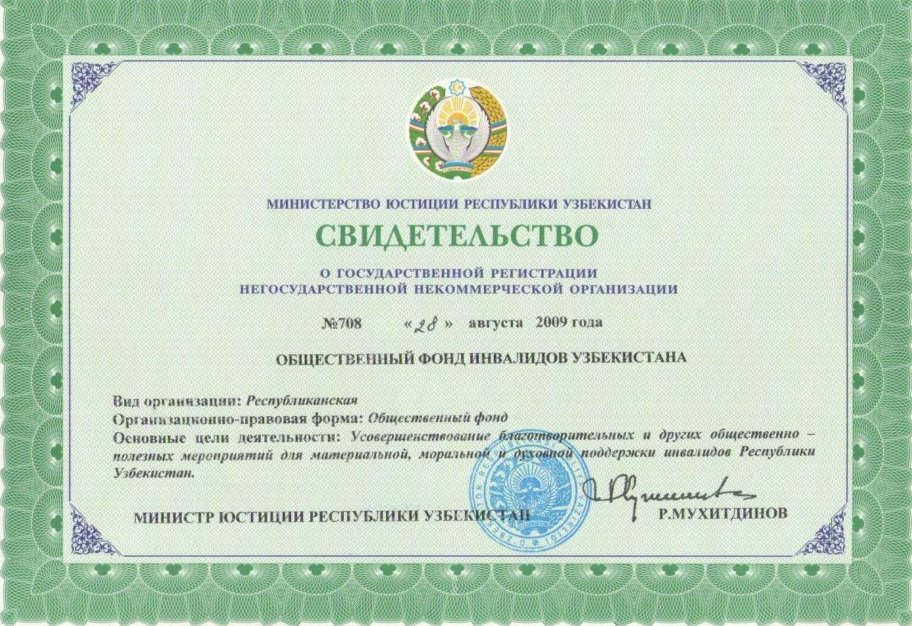
Burhanov’s activities in the social sphere began to take on a political tone, and his anti-corruption efforts posed a threat to high-ranking officials in Uzbekistan. Due to his civic stance and anti-corruption fight, Burhanov was persecuted by the authorities, facing legal prosecution.
On June 22, 2009, Tashkent city prosecutor H. Khusanov issued an indictment against Burhanov under two articles of the Criminal Code of Uzbekistan: Article 167, Part 3, Clause “a” (embezzlement or misappropriation) and Article 207, Part 1 (official negligence).
During years of legal battles, various courts issued contradictory rulings and verdicts. Specifically, the Yunusabad District Criminal Court in Tashkent (10.09.2009) and the Supreme Court’s Criminal Division of Uzbekistan (10.02.2011) decided to send Burhanov’s case for further investigation. Two different panels of judges from the Yunusabad District Criminal Court found Burhanov guilty of causing damage to the state (21.01.2010 and 13.07.2010). In contrast, another panel ruled that he had caused damage to the Uzbek Society of Disabled People (15.10.2010), despite the organizations Burhanov led being independent legal entities that did not receive state funding.
In the summer of 2011, the capital’s prosecutor reclassified Article 167 to Article 205, Part 2, Clauses “a” and “b” (abuse of power or official authority).
Observers monitoring Burhanov’s trial unanimously agreed that Uzbek authorities orchestrated legal persecution against him due to his professional activities. The UK Foreign and Commonwealth Office’s 2012 Human Rights and Democracy Report noted: “Former head of the Uzbekistan’s Public Fund for Disabled People, Hasanboy Burhanov, is accused of corruption. The UK and other countries have serious concerns about the credibility of the charges and the transparency of the legal process, which has been delayed five times this quarter.”
Hasanboy Burhanov’s name also appears in the US State Department’s 2012 Human Rights Report. Burhanov himself stated that the most challenging part of these processes was reaching the various courtrooms, as none of the judicial buildings in Uzbekistan (criminal or civil) were accessible for people with disabilities. The lack of facilities for the disabled in the city court building led to an incident on August 10, 2012, when Burhanov, moving with crutches, slipped on the smooth marble floor in the foyer, injuring his knee. According to him, this was not the first instance of injury during court visits over the three-year legal ordeal.
After numerous threats, beatings, and warnings of physical violence, Burhanov was forced to leave Uzbekistan in October 2012. In 2013, the German authorities granted Burhanov political asylum under §16a of the Basic Law of the Federal Republic of Germany
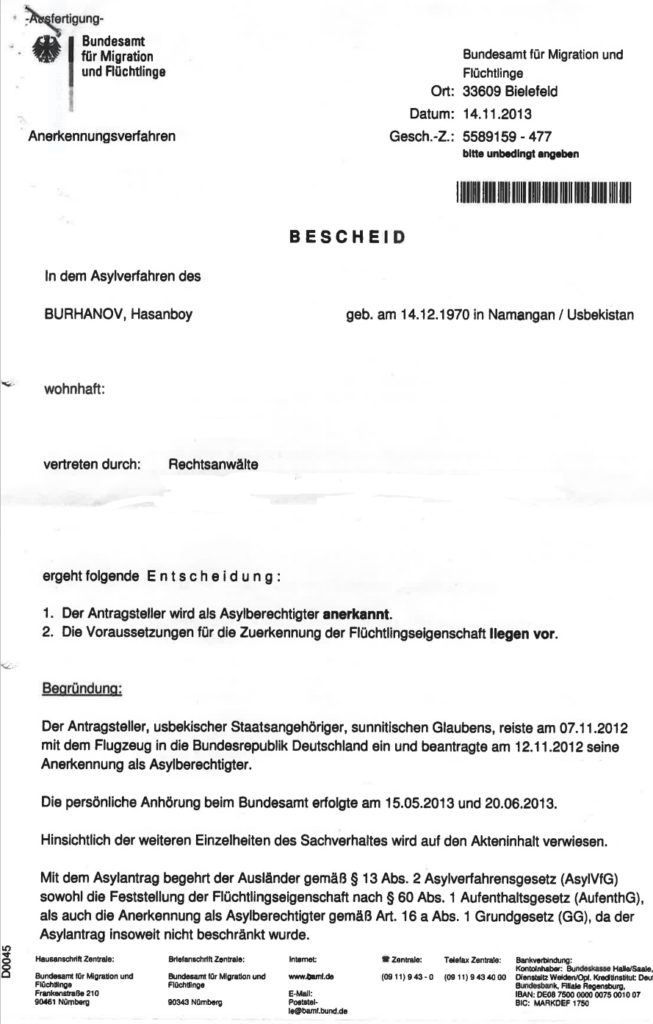
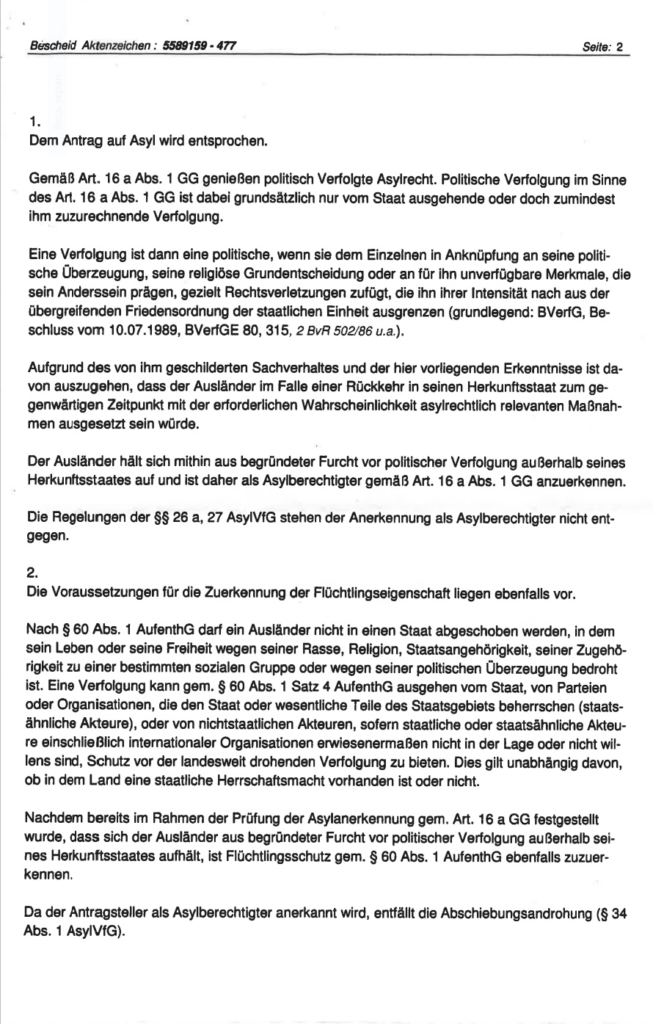
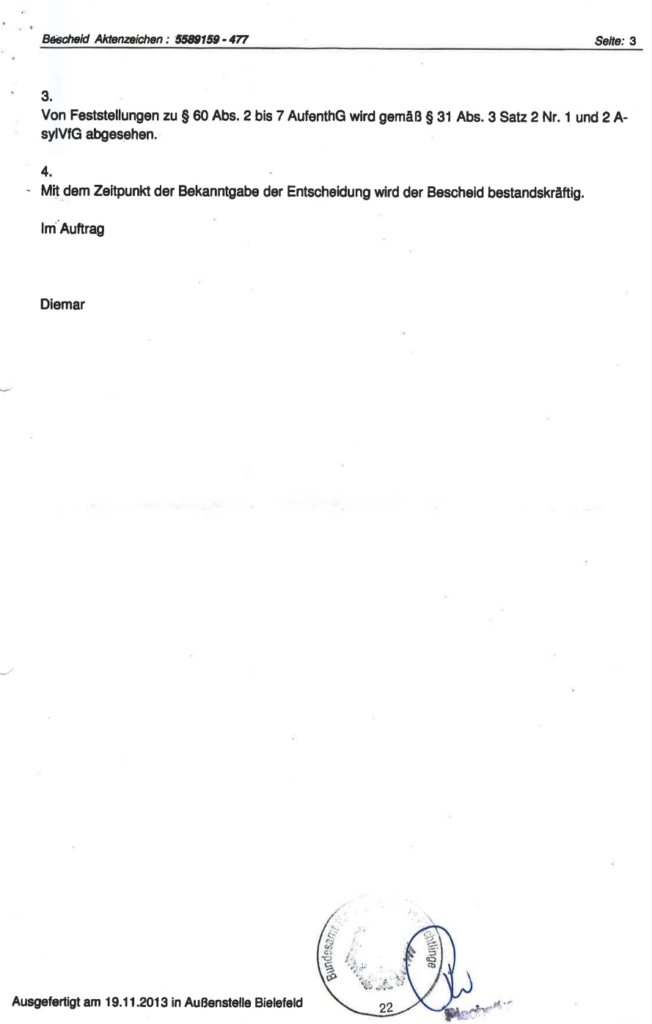
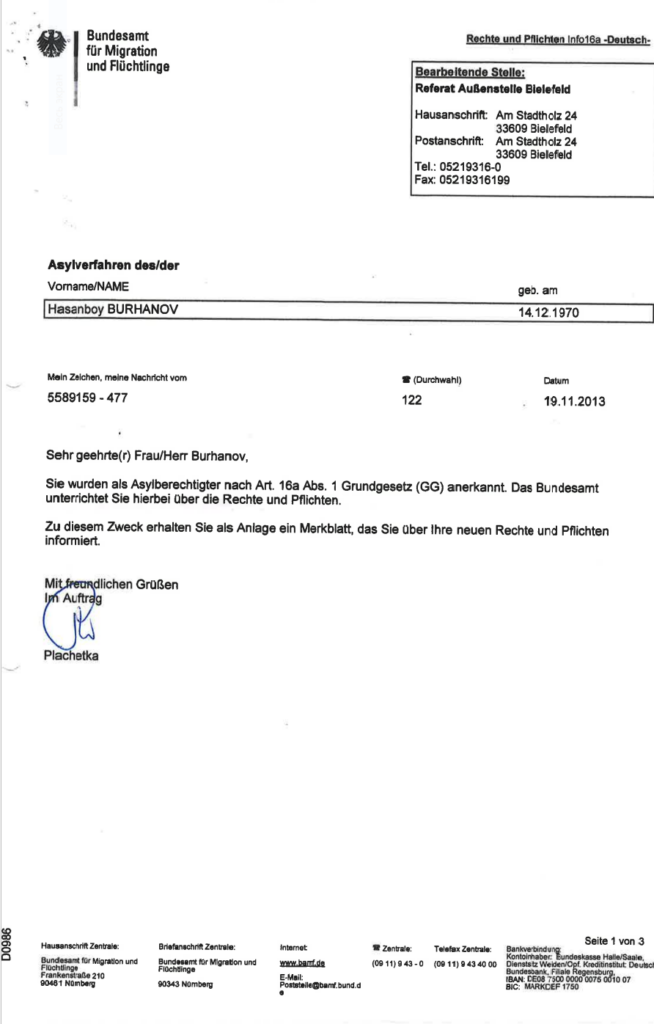
In Germany, Burhanov continues his socio-political activities. In 2019, he founded the political opposition movement Erkin O’zbekiston (Free Uzbekistan), which pursues the following goals: upholding the principles of the rule of law, the movement advocates for the preservation and development of national identity and sovereignty, as well as the strengthening and promotion of traditional family values.
Burhanov intends to seek full exoneration and to recover material and moral damages from the Uzbek authorities for the suffering caused.
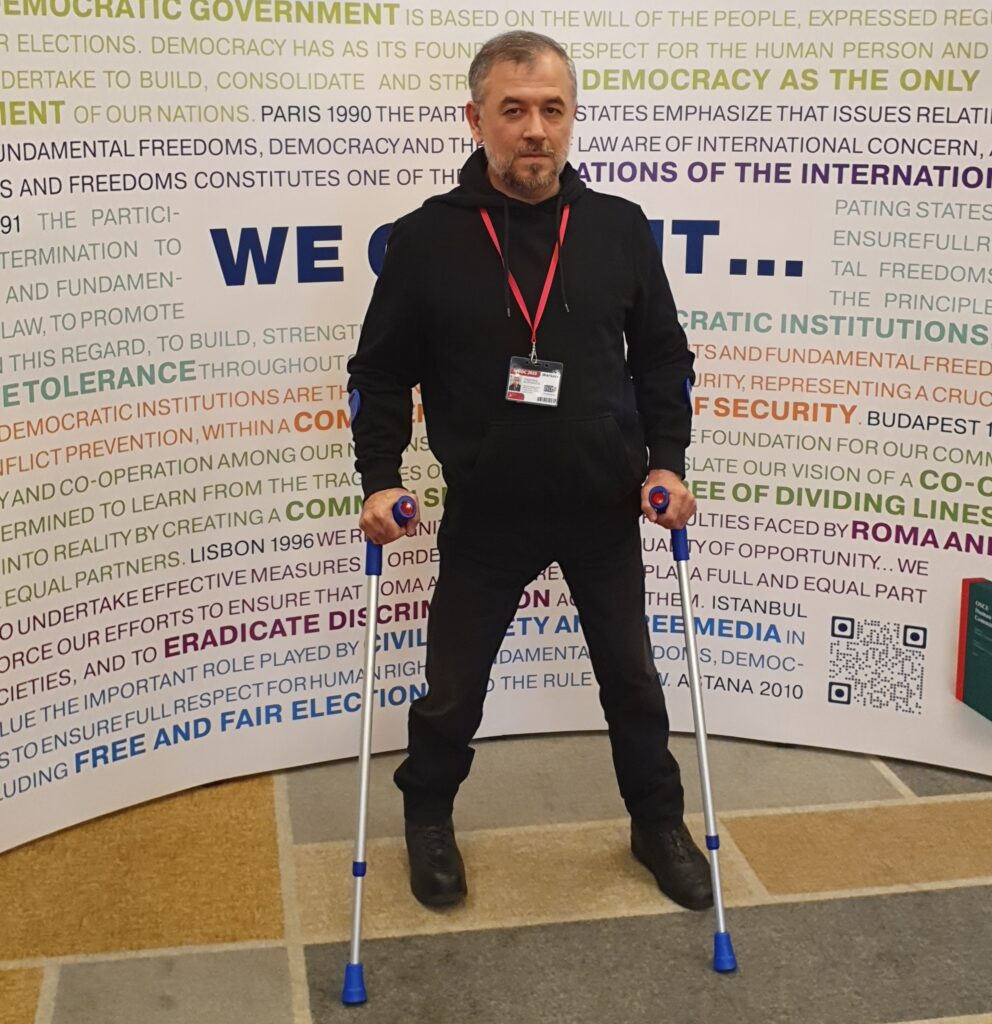
Hasanboy Burhanov plans to return to Uzbekistan to participate in the socio-political life of the country and aims to run for the office of President of the Republic of Uzbekistan.

